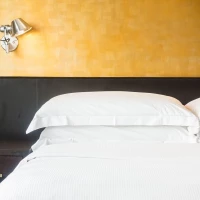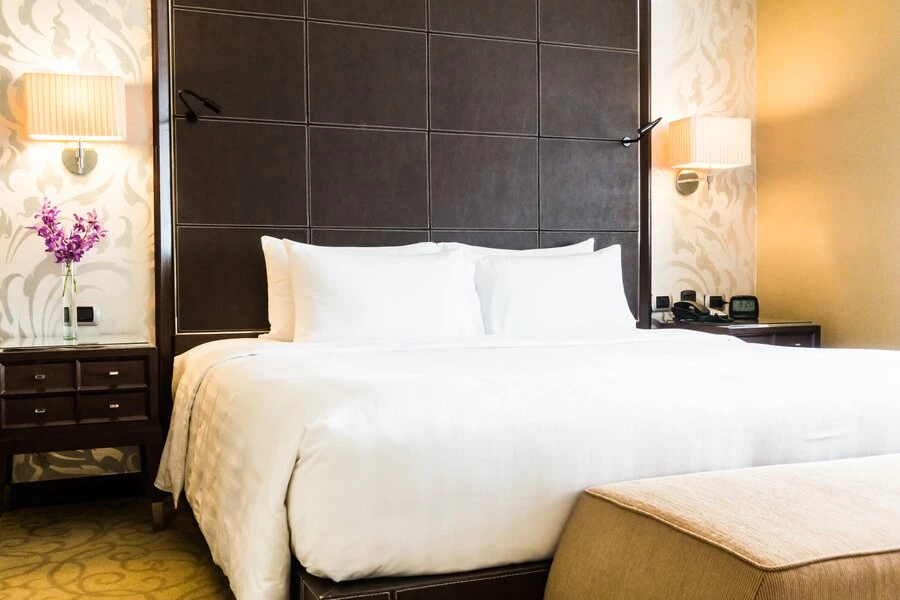
Gambling Inpatient Treatment in Bury
Get in touchA gambling addiction can be a life-ruining problem with a lot of serious consequences. However, knowing how to treat gambling addiction is not always easy, and many people struggle with their gambling obsessions even beyond the point of financial ruin.
If you or a family member in Bury are suffering from gambling addiction and any related compulsive behaviour, then getting the right kind of therapy and rehab can be invaluable.
An addiction is never just a short-term problem, and it can be hard for an addict to stop gambling on their own.
We can provide medically-sound gambling addiction treatment programmes designed to help patients stop gambling, as well as maintain their mental wellbeing and slowly remove the behaviours behind compulsive gambling as a whole.
Inpatient Gambling Treatment Cost
In general, the average cost of treating your problem gambling can range from £1,500 - £4,000 per week in the UK.
However, it is important to note that this is a very vague figure. The cost of treating gambling addiction can vary heavily based on a range of factors, not all of which will be immediately obvious.
For example, we offer a range of treatment plan options and ways to receive therapy for your gambling cravings. Some of these may be more complex recovery methods that require more time and money to set up or therapies that may require more sessions in the long term.
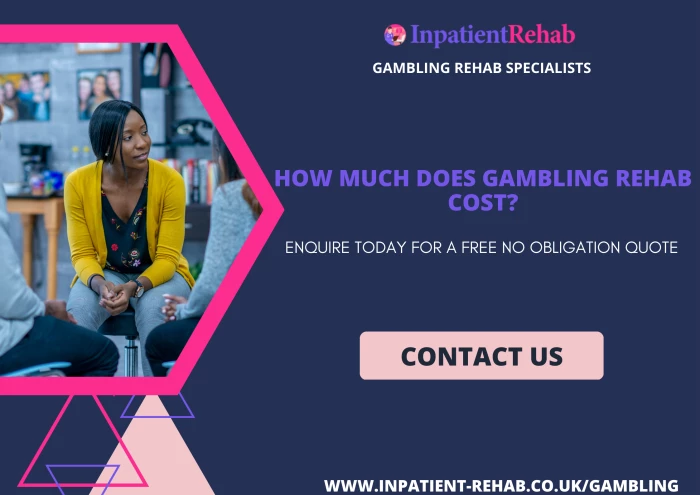
The most notable factor behind the cost of gambling addiction treatment programmes is the amount of time it takes to recover.
The longer you are undergoing gambling addiction treatment, the more money you will end up spending on your treatment programme.
This is not a bad thing. Problem gamblers often waste a lot of money through problem gambling, with many spending four figures each year on compulsive gambling - if not every month.
Our gambling addiction treatment options are meant to tackle the root cause of the addiction rather than just treat the symptoms.
Benefits of Gambling Rehab
Our problem gambling treatments in Bury have many benefits, using the same methods as other addiction treatments and tackling gambling in the same way as alcoholism or drug addictions.
Compulsive gambling is a serious problem for many people.
It can damage a person's mental health, cause a spiral into depression, make them turn to compulsive betting just to cope, or even make them risk their life savings with no way of recovery if they lose.
Our treatments aim to tackle the problem at the source alongside the symptoms.
Our addiction treatment plan provides the following:
Safety to discuss addiction, one-to-one or in group therapies.
A structured routine to stimulate long term recovery.
Multiple methods for patients to learn to stop gambling.
Well-trained experts can support patients every step of the way.
Avenues to seek support, including support for mental disorders.
Support and advice from experts outside of family members.
A chance to focus on beating the addiction and all of the symptoms involved.
Forced separation from gambling as a whole.
Continued support post-treatment, as well as resources to turn to if you relapse into the same behaviour.
This list only covers some of the most obvious benefits of our rehab system. As treatment providers, we know that most people have a unique relationship with their addictions - a new gambling addict may require different recovery methods compared to long-time addicted gamblers.
We offer evidence-based treatments and gambling therapy options backed up by professionals that understand what they are doing. Our program is designed to help patients kick their addictions more directly, whether that means breaking a habit or taking back control of their impulses.
If you want to know more about the core benefits of our gambling treatment in Bury, whether that is for inpatient or outpatient gambling treatment, then do not hesitate to contact us directly.
We will ask you to complete a free addiction assessment prior to coming into rehab, so our addiction counsellors can create the best plan of action for you.
Types of Gambling Addictions
Gamblers are not all the same person. A gambling problem can span a range of sub-problems and causes, all of which can gradually wear down a person's mental wellbeing.
Professional Gambler
Professionals make a living by gambling. While this may not sound like an addiction - and, in some cases, it may not be - they may still have an obsession with gambling due to it being a source of income.
Many specifically avoid addiction and distractions to focus more on their betting, which is not always healthy, depending on their relationship with money and gambling as a whole.
Anti Social Gambler
Anti-social gamblers use gambling as a way to get money illegally. They might try to trick others, run their own scam games, use marked cards and fixed races, or even take more blatant actions, such as threatening others with violence if they do not win a particular bet.
These people are unable to stop gambling, which could lead to stealing money or an even larger criminal problem. Residential rehab is essential.
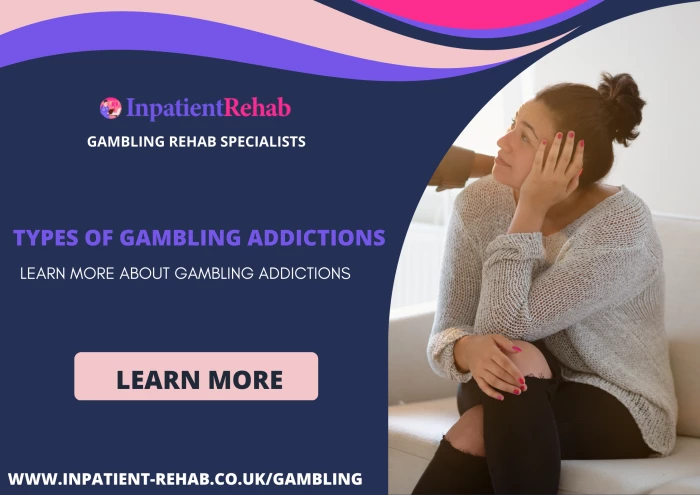
Casual Social Gambler
Casual social gamblers are regular people who visit casinos every now and then. They are the opposite of professionals, focusing on the experience of socializing and leaving gambling as a background focus.
However, in some cases, this can cause a behavioural addiction that may result in them gambling as a form of social interaction. If they have no family or friends to talk with or neglect them to gamble, then their social life may be tied up in making bets.
Serious Social Gamblers
These social betters rely on gambling to cope. This could be to deal with depression, anxiety, family issues, loss of control in other areas of their lives, or even some deeply personal feelings.
This ties a large part of their life to gambling, and what happens to them will affect how much they gamble. For example, a rise in depression and anxiety may turn them into more problematic gamblers in Bury, which is not healthy.
Relief and Escape Gambler
Relief and escape gamblers are like serious social gamblers, only more extreme. Many already have impaired judgement, causing them to lose more often and therefore see an even stronger rise in depression and anxiety.
These are often people with few to no other avenues for coping with new life challenges.
They may only gamble every so often, but they always do so when their feelings are at rock bottom when they should be trying to seek a professional therapist.
Compulsive Gamblers
A compulsive gambler is entirely governed by compulsive gambling. They will continue gambling despite issues at home or with family members, will chase wins even when they have almost no money left to bet, and will treat gambling like a drug.
Compulsive gambling requires serious rehab to fix, often urgently. If left unchecked, compulsive gambling can completely control a person's life and become a huge financial burden.
What is Gambling Addiction?
Gambling addiction is, as the name suggests, an addiction to gambling.
A gambling problem often means that a person will gamble regardless of circumstances, spending family money and dealing with personal problems through the random chance of gambling games.
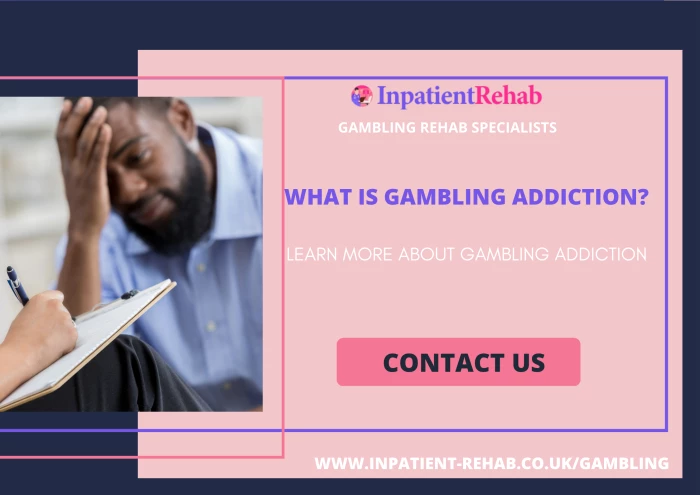
Many gamblers will gamble in a safe and healthy way. However, addictions can completely destroy any reasonable restraints surrounding gambling itself.
Our rehab system away from your home in Bury allows gamblers to get control back and kick the habit with some supportive assistance, giving them an easier way to clear up their impulses and avoid ruining their finances and family life.
Online Gambling Addiction
When you gamble, you put some money in a game of chance. This simple act can be highly addictive to some, especially those with a history of an addictive personality.
This randomness can make it easy to get addicted, but it also means that gambling addicts may actually succeed at times. This success reinforces their desire to keep playing, even if they are losing more than they win.
Signs and Symptoms of Gambling Addiction
Inability to stop gambling.
Obsession with gambling.
Restlessness when not gambling.
Lack of interest in gambling when real money is not involved.
Gambling to "feel better".
Breaking the law to continue gambling.
Denying their problems, including obvious financial issues.
Shame over gambling or hiding their gambling habits.
Low self-esteem.
Mood swings.
What are the Risks of Gambling?
Loss of control.
Poor lifestyle changes.
Alcohol and drug abuse.
Financial distress.
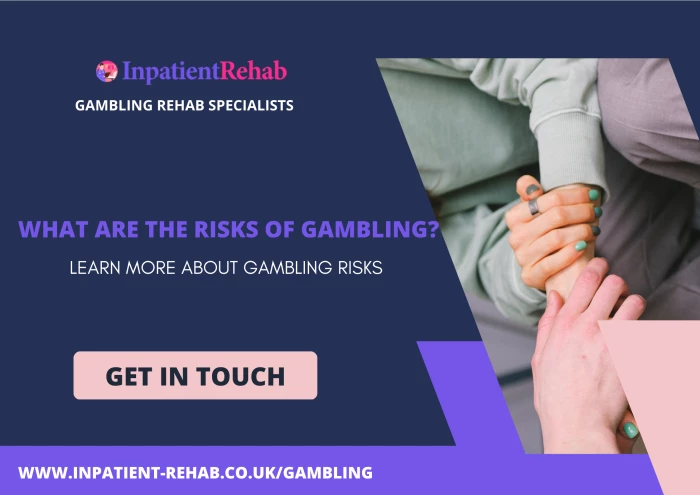
If you are looking to seek help or just want further information on our clinics away from your home in Bury make sure to contact us today.
FAQs
What is the Average Length of Stay in a Gambling Inpatient Treatment Facility?
Most rehab centres keep the average patient for around 28 days. However, some gamblers may stay a lot longer.
What is the Success Rate of Gambling Inpatient Treatment?
Without a long-term supportive structure, only around 15% of gamblers are fully treated. We offer as much support as possible to our clients, including post-rehab check-ups.
How does Inpatient Gambling Treatment Treat Gambling Addiction?
Like any addiction, gambling rehab is focused on helping the patient change the way they think about gambling.
Groups like Gamblers Anonymous exist to show gamblers how dangerous their behaviour really is, and techniques like Cognitive Behavioural Therapy (CBT) help to correct unwanted behaviours.
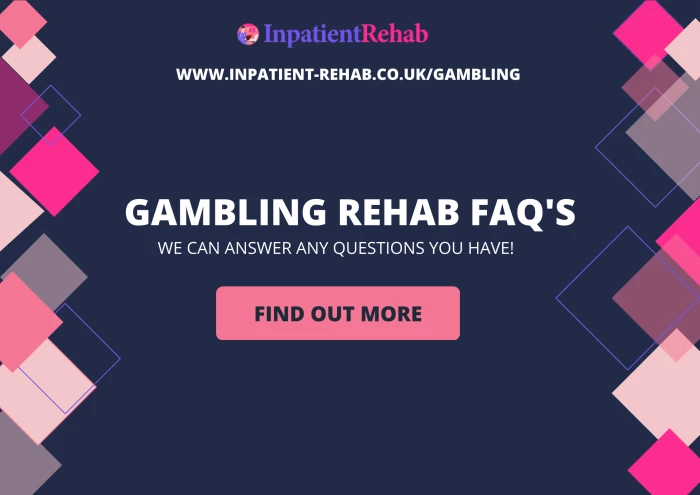
Why Consider Residential Gambling Treatment from a Mental Health Professional?
A gambling addiction has no benefit and only causes more problems the longer it remains unchecked. Recovery through therapy and proper treatment is essential to curing the problem.
How Do You Get Your Life Back After Gambling?
We provide a full set of aftercare services to ensure that patients’ lives remain stable after therapy.
This is a great relapse prevention method and can help keep ex-addicts clean.
Summary
Whether you need family therapy or more direct group therapy like that provided by Gamblers Anonymous, we can offer all of the right techniques to ensure that compulsive gamblers get themselves back on track. With so many ways to develop an addiction in the modern world, proper support is essential.
Our addiction experts have worked with countless clients to break their habits, and we can do the same to any new patients we take on. If you want to know more about what we can offer, then talk to our experts.
We will provide you with a free confidential assessment prior to treatment for your permanent recovery.
Searches Associated With Gambling Addiction Treatment
Inpatient Rehab for Gambling Addiction in Bury
Voted Best Inpatient Rehabilitation Centre in February 2026
Bury Gambling Addiction Help
Best Bury Rehab for Gambling Addiction
Gambling Addiction Counselling near me
Best Gambling Addiction Recovery Specialists near me
We cover Bury (Greater Manchester)
Get in touch
Skip to
Gallery
